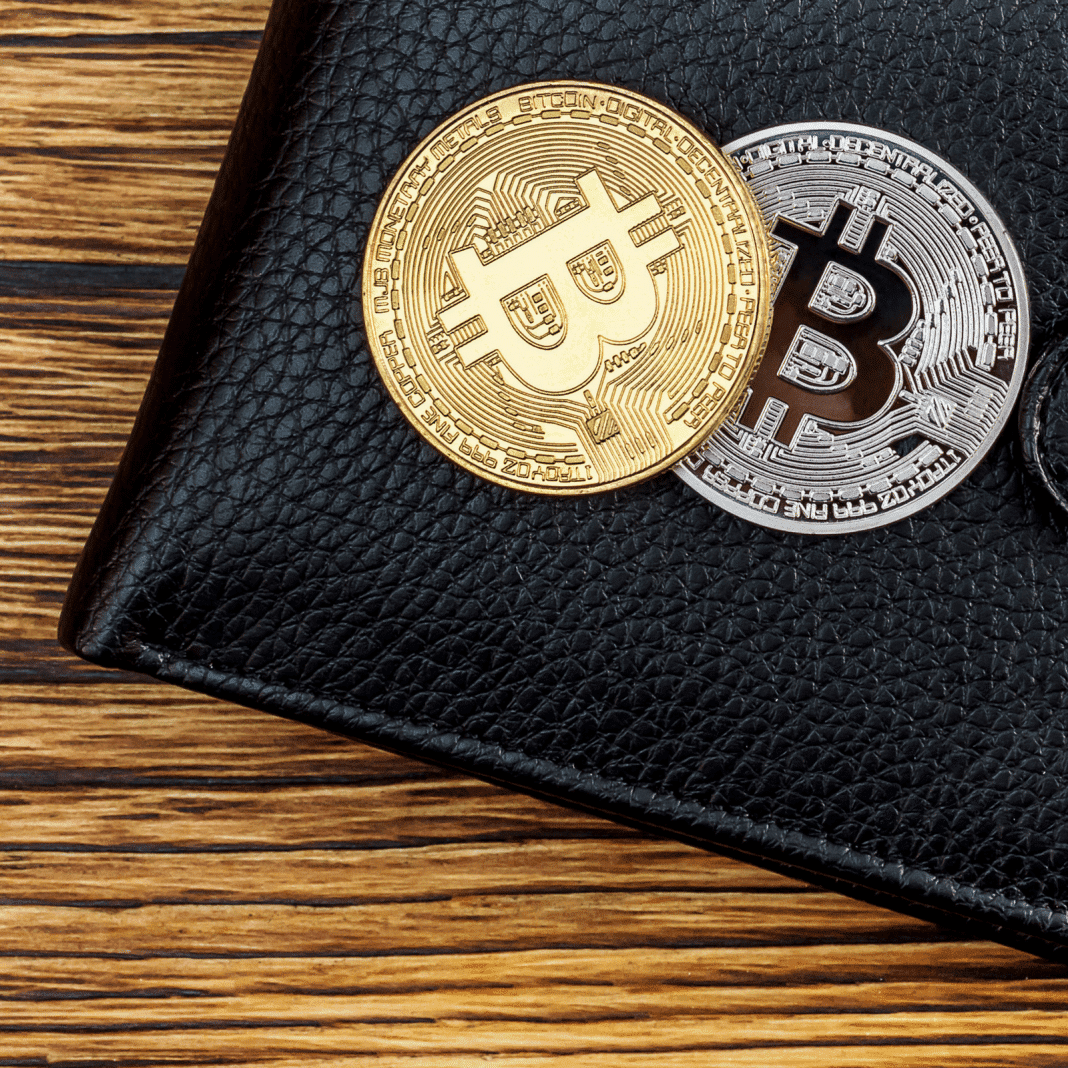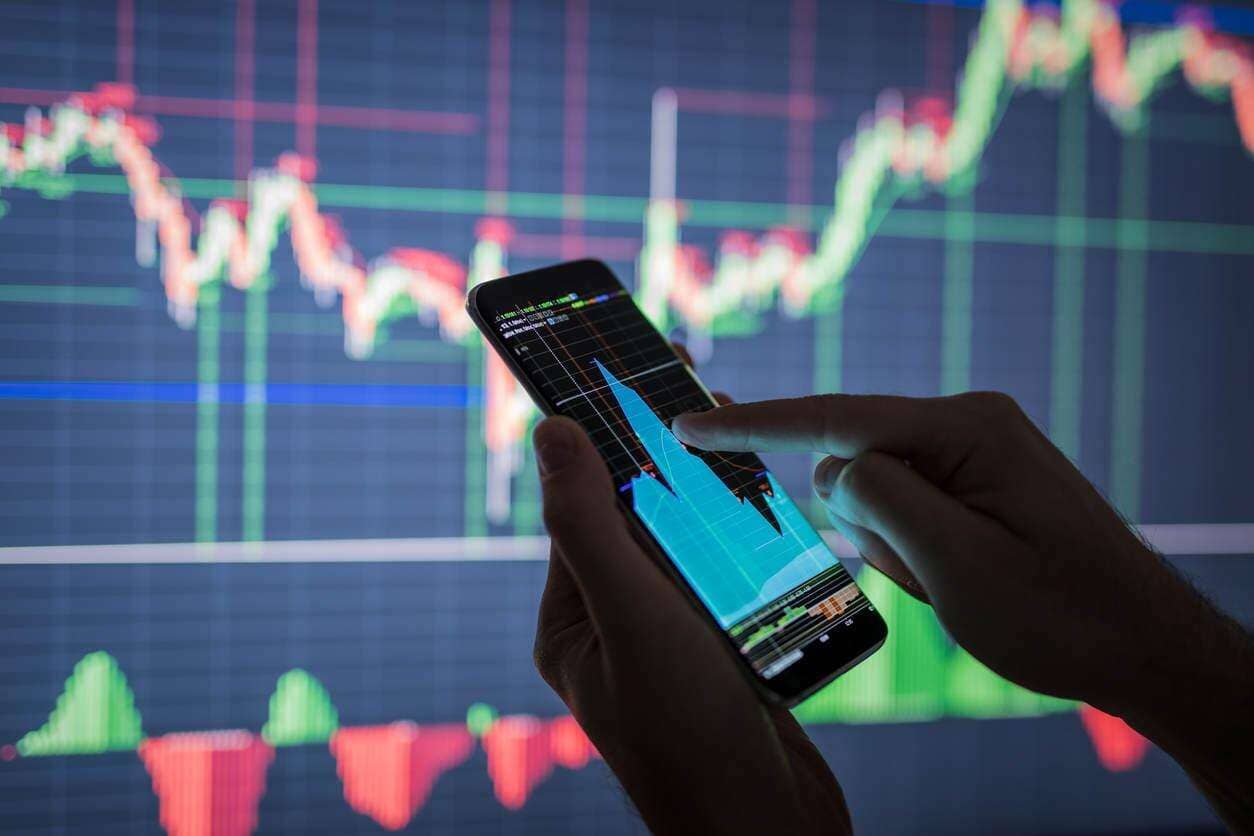The trader’s profit depends on the spread (its size or type – fixed or variable), order execution speed, and the reliability of the broker. The quotes in the interbank market change in milliseconds the price at which the order will be executed depends on how quickly the trade is transferred to the market. There are two types of broker operation modes, A-Book and B-Book models. These models transfer the client orders to the interbank forex market in entirely different ways. Withdrawing funds from trading accounts is a very important part of business, because there are plenty of underlying issues that can cause serious reputational consequences for a broker and stress for clients.
For all of that, the broker will not receive large income enough to finance its operation. This is why the A-Book brokers have to charge large fees and add spread markups. This A-Book execution model is what most people understand as the role of a traditional broker. Usually, this type of broker, which is known as STP broker or ECN broker, is able to provide a reliable connection to the forex market for any market participant with fairly competitive spreads. Another point to remember is that a B book forex broker offers fixed spreads. This means that whether you trade during peak market hours or during off-market hours, a B book forex broker is more beneficial.
Advance preparation: marketing and allocation of funds
In order for any trade to take place for example if you want to buy EUR/USD there has to be someone willing to sell you EUR/USD at the price you want to buy. There is also a need for someone to be willing to buy back the same EUR/USD pair when you are ready to sell weather the position is in profit or loss. What that means is for every profit made there is a loss made. Some people will say that this execution model generates conflicts between the client and the broker, however, there are some advantages to trading via B book brokers. This includes very competitive spreads , fast execution, and the ability to get an execution on all instruments .
- Note that i do manage accounts of almost $4.6 Mil USD with the mentioned banks.
- If they offer negative balance protection, it is highly likely they are a B book/hybrid broker.
- In this article, you will find out about the types of brokers, their main differences and what models they work with.
- MTF platforms, unlike the ECNs, do not work with the quotes providers , forming real time quotes based on the supply/demand.
- Cryptocurrency availability with easyMarkets is subject to regulation.
Another difference is that you would be able to find their physical offices. Last but not least — an legit MM would let you withdraw your funds upon request whereas a scam would not. Negative balance protection — most legitimate A book brokers will have it put in place. Besides, competition among brokers is so strong that most of them merely ceased to “help traders lose their deposits” and allow them to trade normally.
What types of Forex brokers and order execution models exist?
Two possible ways are available to a Forex brokerage business. Forex market participants are not limited to banks and investment funds, but also include private traders trying to make money on exchange rate differences. All of them are using the services of such companies as FX brokers, but online traders are quite a motley crowd. You can’t set up a business that would cater to every known type of trader’s needs; instead, you need to decide on your target audience and the value you plan to bring.

A hybrid online brokerage business model will be the ultimate tool for any broker, as long as the risk manager has a balanced and analytical approach to the evaluation of client trades. The experience of multiple brokers suggests several attributes that characterize potentially profitable clients. In 2015 and the preceding years, forex regulation was much looser than it is today. It was easy to avoid the expected standards involved in operating a sound brokerage, like safeguarding client money, execution policies and record keeping.
The number of options for connecting payment solutions will greatly depend on the type of license, which we have mentioned above. Select the payment providers that are most popular in the region where you provide services, and integrate them into your trading business. When a liquidity provider notices a blatantly toxic flow, they can degrade execution quality for that broker. To avoid this, it’s imperative to analyze the flow of trades and develop certain mechanisms for handling profitable clients. When the Swiss National Bank unpegged the franc from the euro, most brokers operated an A-Book model.
This means that they are effectively purchasing euros using US dollars. By selling the pair back at a later date, the trader can then cash in on any changes in the exchange rate. The top rated A-Book B-book Forex Hybrid broker isIC Markets.
Pros and Cons of a B book broker
A-Book brokers have become increasingly rare in the retail forex trading sector and often cater to investors with more significant amounts of capital. All of them play on the opposite side from their clients, taking profit when traders lose. However, the B-Book model doesn’t work when all traders always lose. Hence brokers use a management strategy to gain more money and to balance out the traders’ gains and losses. B book brokers are known for engaging in practices such as stop-loss hunting and order manipulation, which can lead to traders incurring losses that are larger than they should be. Traders should do their research and read reviews from other traders before choosing a broker, to ensure that they are reputable and trustworthy.
The DMA and STP models will suit forex traders who have just started their careers and are gaining experience. The ECN model provides the confidentiality of the transactions, so large banks are unwilling to offer the best quotes. In DMA and STP models, where the brokers have contracts with specific providers, competition forces the liquidity providers to offer better terms. Therefore, in theory, the DMA model should have better spreads compared to ECN. In practice, due to the commission charged, the trading costs in ECN and DMA are relatively the same.
Most brokers use automated dealing, so it can technically call itself ‘NDD ’. I believe these jurisdictions will revoke the Brokers license if such fraudulent actions were discovered. Asymmetric slippage – Whenever you place a trade, there is a chance the price will move from the time you place your order till it reaches the broker’s server and it is filled. Asymmetric slippage means, whenever price moves in your favour, the broker will fill you at your requested price ,but when there is a negative slippage, the broker will pass it on to you.

